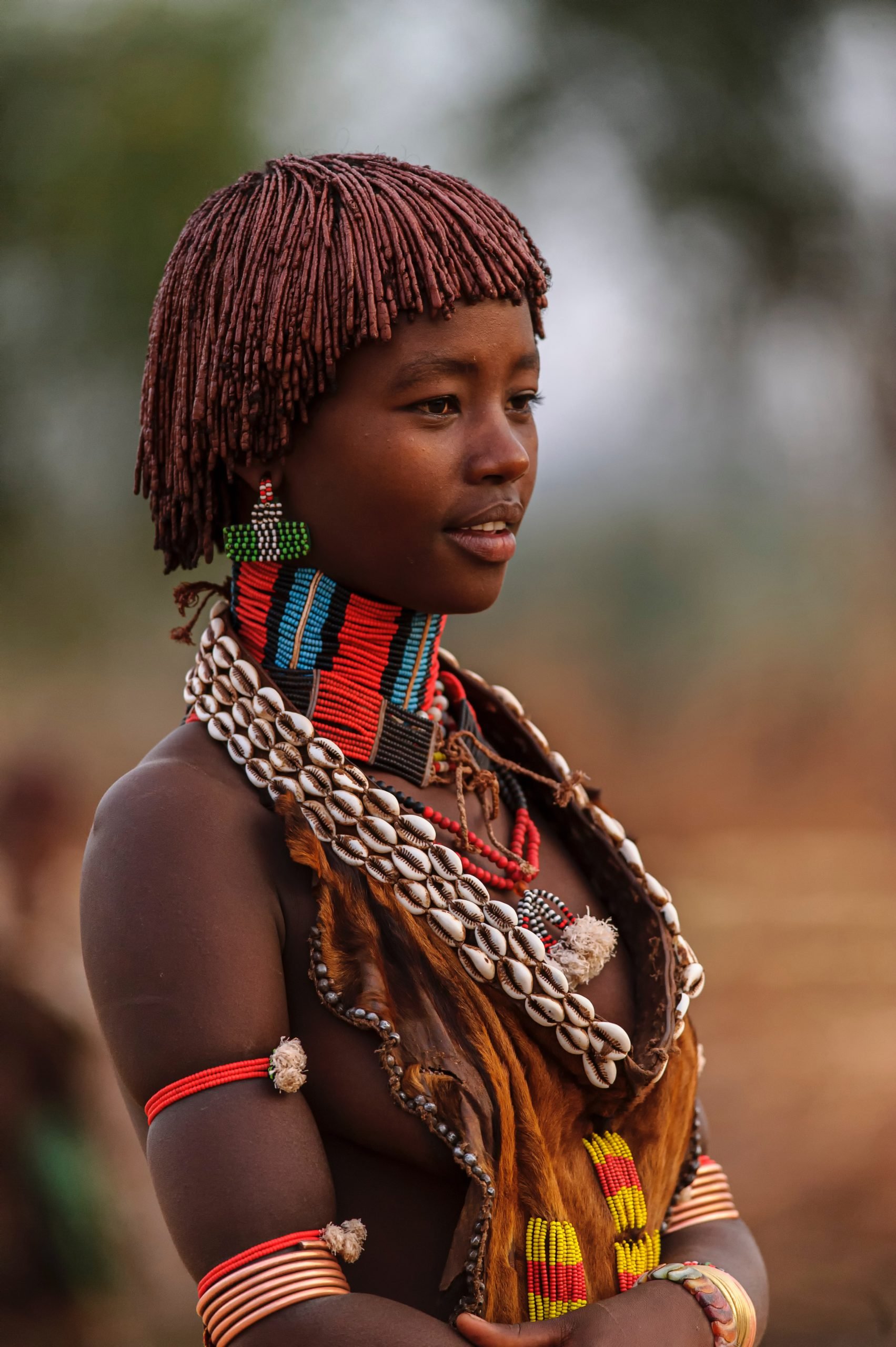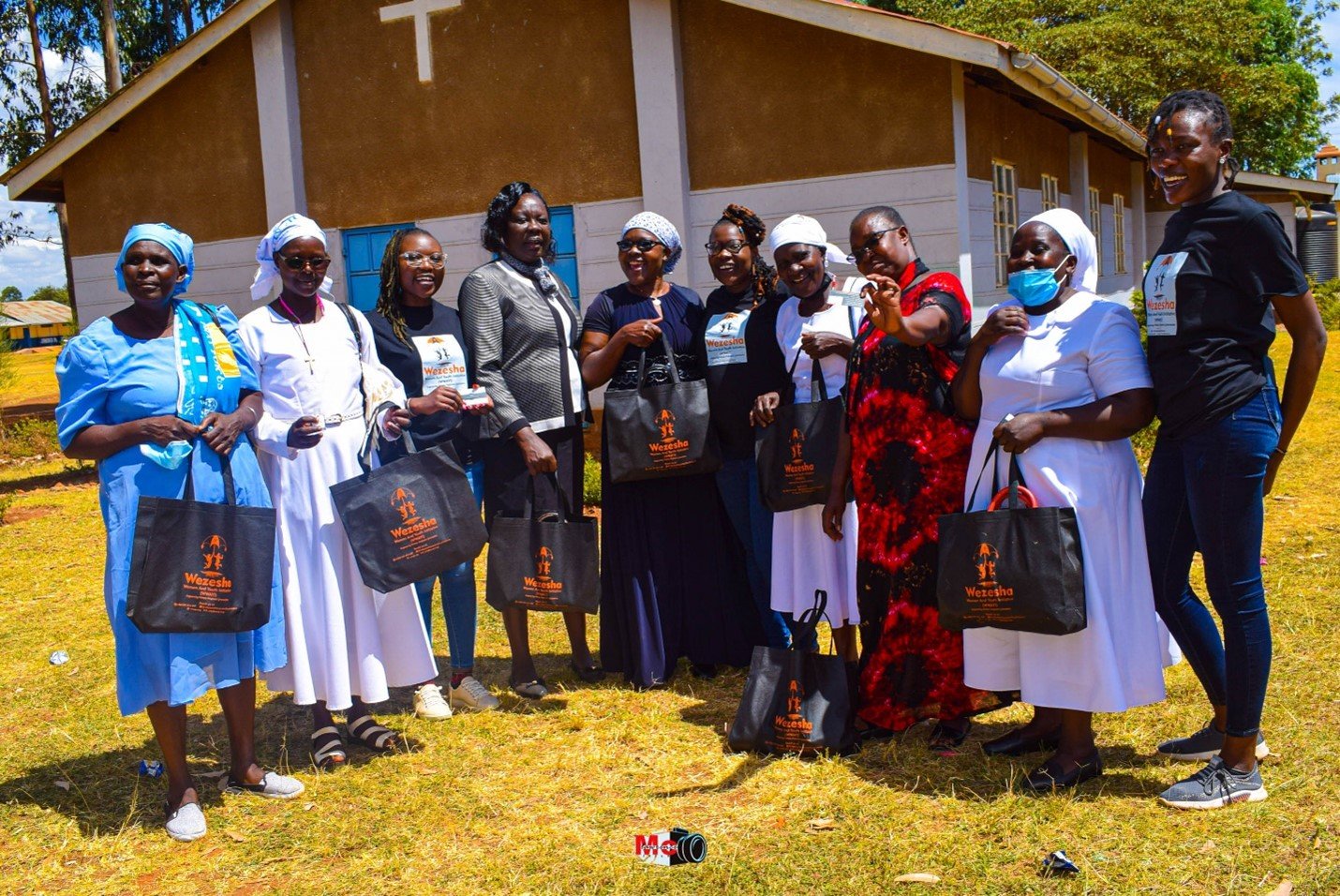
Repro-Mental Program: Youth Mental & Reproductive Health Support
Goal: Empowering youth in primary & secondary schools through mental & reproductive health programs.
Background
The Repro-Mental Health Program, an initiative by WWAYI, addresses the intertwined challenges of mental health and reproductive health among Kenyan youth, particularly girls. In a country where these issues are deeply stigmatized and overlooked, the program provides essential resources and support to help youth thrive academically, socially, and economically. Recognizing that stigma, inadequate education, and limited access to resources hinder progress, Repro-Mental delivers comprehensive solutions to empower the next generation and foster sustainable change. The Role of Reproductive Health Education Access to accurate reproductive health education remains a critical gap in Kenya. Many schools and communities rely on fear-based or incomplete approaches to sexual education, leaving youth unprepared to make informed decisions. This lack of education contributes to high rates of teenage pregnancy, poor sexual health outcomes, and significant stigma around menstrual health
At its core, the program is guided by three key objectives:
Increase access to hygiene products to ensure girls and boys can participate fully in their education.
Provide reproductive health education to equip youth with knowledge about their bodies, sexual rights, and healthy relationships.
Advocate for reproductive and mental health to reduce stigma, foster inclusivity, and promote systemic change.
Our Partnerships with Schools.
To bridge this gap, the Repro-Mental program collaborates closely with schools to deliver reproductive health education sessions tailored to the needs of students. These partnerships are central to the program’s success, allowing us to reach youth directly in environments where they are most receptive to learning.
Health Education Sessions: In partnership with schools, we conduct interactive sessions on reproductive health, mental health, life skills, and sexual rights. These sessions empower students with accurate, culturally sensitive information and foster open discussions to dispel myths and stigma.
Hygiene Kit Distribution: During these sessions, we provide menstrual hygiene kits to girls and hygiene kits to boys (Soap,Deodorant, Nail Care items, Toilet Paper, Sanitary towels, Underwear, Toothbrushes, Toothpaste, Socks, Moisturizer) ensuring that all students are equipped with essential products to manage their health with dignity. These kits not only reduce absenteeism but also promote gender equity by involving boys in conversations about reproductive health.
Teacher and Counselor Training: We equip educators with the tools and resources to continue these conversations beyond the sessions, ensuring the program’s impact is sustained within schools.
Program Outcomes
The Repro-Mental program has achieved measurable success in improving the lives of Kenyan youth:
Education Access: Over 1,500 youth have participated in reproductive health education sessions, with 75% reporting a better understanding of mental and reproductive health.
School Attendance: The distribution of over 5,000 menstrual hygiene kits has led to a 40% reduction in school absenteeism among girls.
Gender Equity: Incorporating boys into reproductive health education cultivates unity, mutual respect, and comprehension. By empowering them to champion gender equality, question detrimental norms, and encourage inclusivity, they become proponents of constructive transformation. Additionally, providing hygiene kits within the program promotes shared respect and understanding, dismantling harmful stereotypes.
Mental Health Support: Thirty workshops have provided over 3000 youth with skills to manage mental health challenges, with 80% reporting improved coping mechanisms.
Long-Term Sustainable Impact
Through our partnership with schools, the Repro-Mental program is building a sustainable foundation for long-term change:
Improved Educational Outcomes: By ensuring youth remain in school, the program creates pathways to higher education and employment, especially for girls.
Gender Equity: Engaging both boys and girls in reproductive health education creates supportive environments for all students.
Breaking Cycles of Poverty: Equipping youth with life skills, reproductive health knowledge, and hygiene products enables them to achieve their full potential and improve their communities.
Fostering Leadership: The program cultivates youth leaders who advocate for mental and reproductive health, creating lasting community impact.

Future Goals
Expand our school partnerships to 10 additional counties, reaching 1,000+ youth annually with reproductive health education and hygiene products.
Train 50+ educators and school counselors each year to sustain and expand the program’s impact.
Increase hygiene kit distribution to 1,000+ kits annually to support girls and boys in schools.



